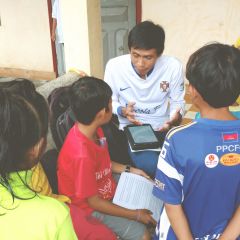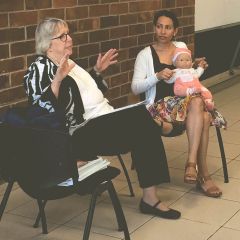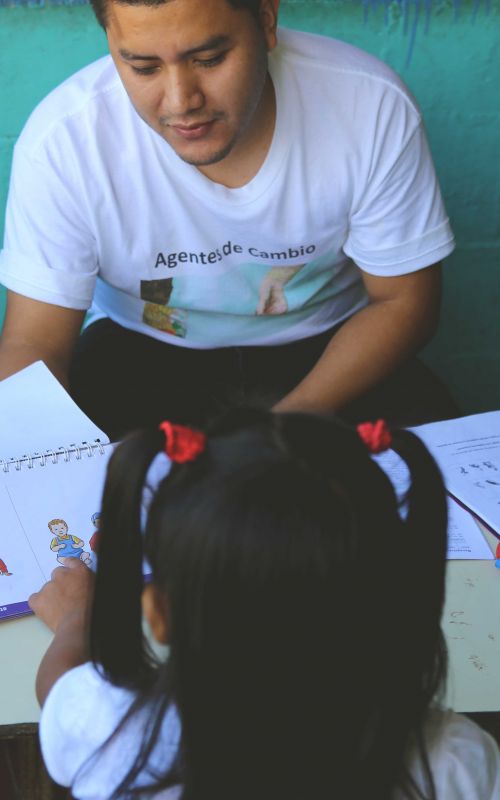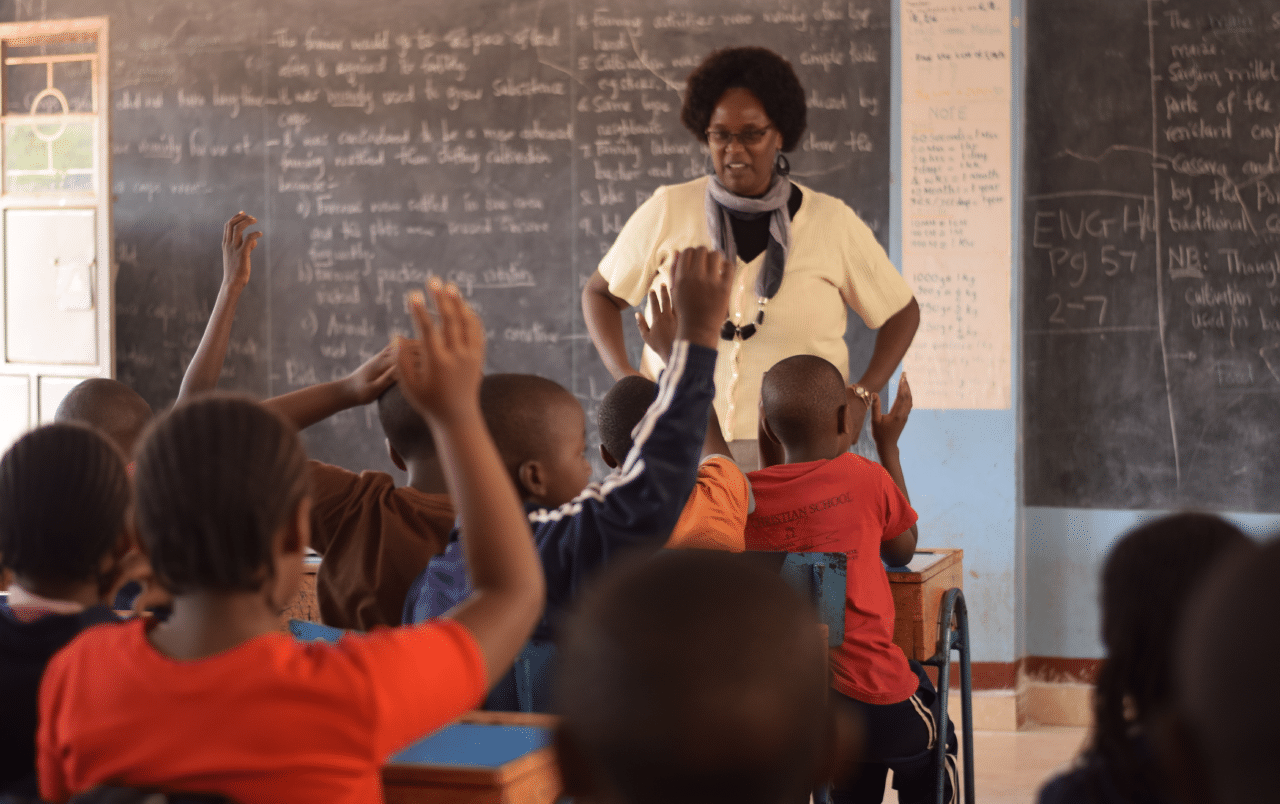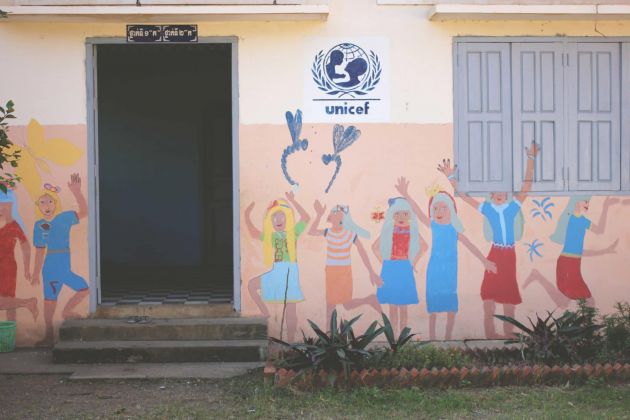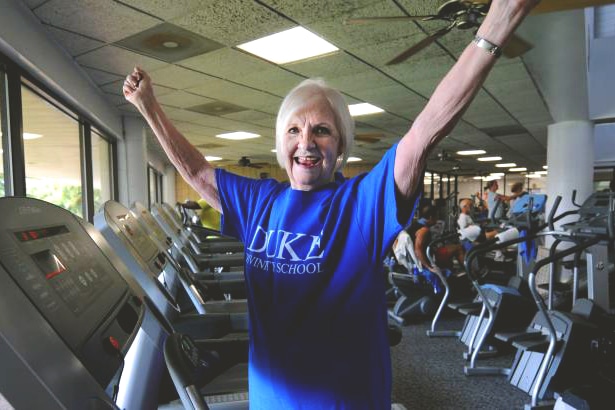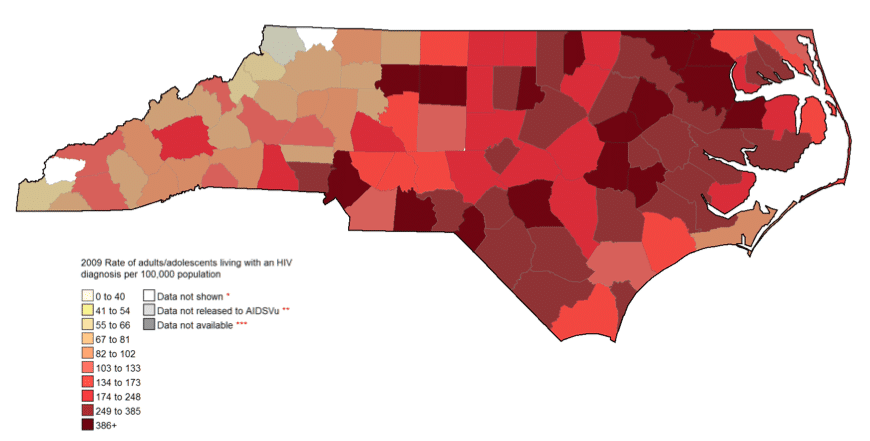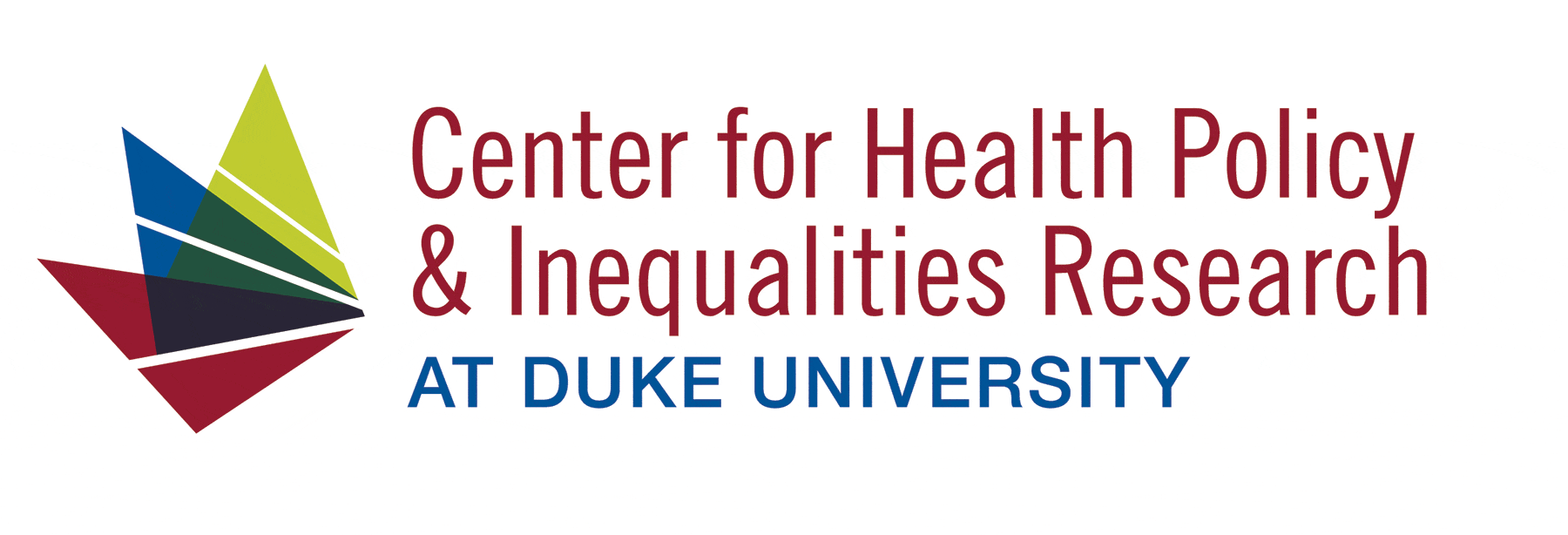
The mission of our Center is to improve health of individuals and communities, locally, nationally, and internationally, by addressing health inequities through interdisciplinary policy-relevant research, interventions, and evaluations.
We are an instigator and facilitator of a broad range of health policy and health disparities research that addresses policy relevant issues.
Activities focus on population based health research, health systems research, and health intervention and evaluation research.
EXPLORE OUR RESEARCH
FEATURED PROJECTS
Are you passionate about improving health policy and health inequalities?
If so, consider joining us in partnership.

